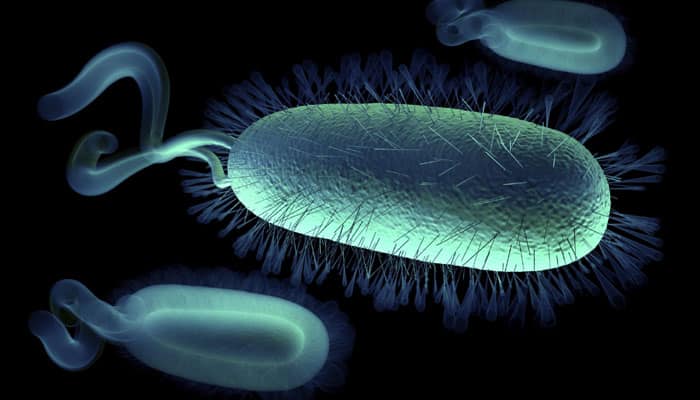Washington: The presence of Clostridia, a common class of gut bacteria, protects against food allergies, a new study has found.
By inducing immune responses that prevent food allergens from entering the bloodstream, Clostridia minimise allergen exposure and prevent sensitisation, a key step in the development of food allergies, scientists have found.
"Environmental stimuli such as antibiotic overuse, high fat diets, caesarean birth, removal of common pathogens and even formula feeding have affected the microbiota with which we've co-evolved," said study senior author Cathryn Nagler, Bunning Food Allergy Professor at the University of Chicago.
"Our results suggest this could contribute to the increasing susceptibility to food allergies," Nagler said.
To test how gut bacteria affect food allergies, Nagler and her team investigated the response to food allergens in mice.
They exposed germ-free mice (born and raised in sterile conditions to have no resident microorganisms) and mice treated with antibiotics as newborns (which significantly reduces gut bacteria) to peanut allergens.
Both groups of mice displayed a strong immunological response, producing significantly higher levels of antibodies against peanut allergens than mice with normal gut bacteria.
This sensitisation to food allergens could be reversed, however, by reintroducing a mix of Clostridia bacteria back into the mice, researchers found.
Reintroduction of another major group of intestinal bacteria, Bacteroides, failed to alleviate sensitisation, indicating that Clostridia have a unique, protective role against food allergens.
To identify this protective mechanism, Nagler and her team studied cellular and molecular immune responses to bacteria in the gut.
Genetic analysis showed that Clostridia caused innate immune cells to produce high levels of interleukin-22 (IL-22), a signalling molecule known to decrease the permeability of the intestinal lining.
Antibiotic-treated mice were either given IL-22 or were colonised with Clostridia. When exposed to peanut allergens, mice in both conditions showed reduced allergen levels in their blood, compared to controls.
Allergen levels significantly increased, however, after the mice were given antibodies that neutralised IL-22, indicating that Clostridia-induced IL-22 prevents allergens from entering the bloodstream.
"We've identified a bacterial population that protects against food allergen sensitisation," Nagler said.
"The first step in getting sensitised to a food allergen is for it to get into your blood and be presented to your immune system. The presence of these bacteria regulates that process," she said.
The study is published in the Proceedings of the National Academy of Sciences.
















